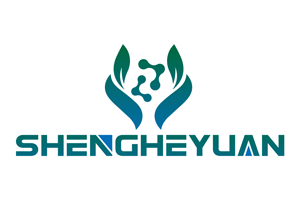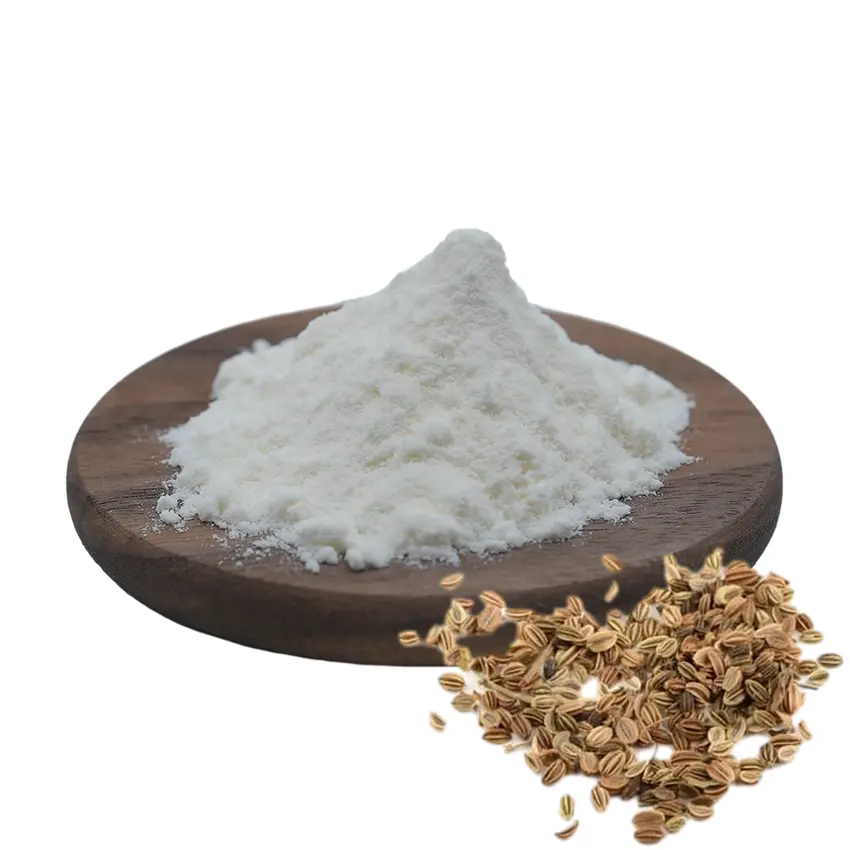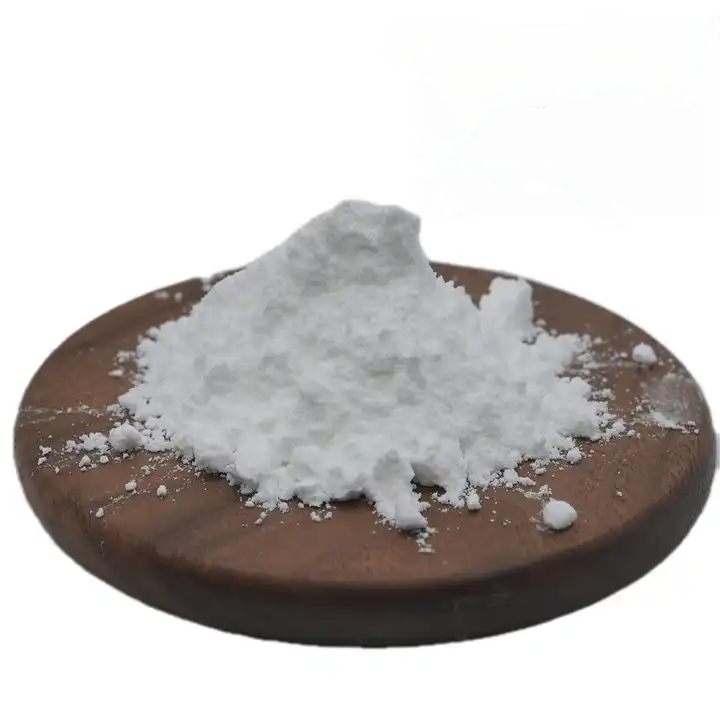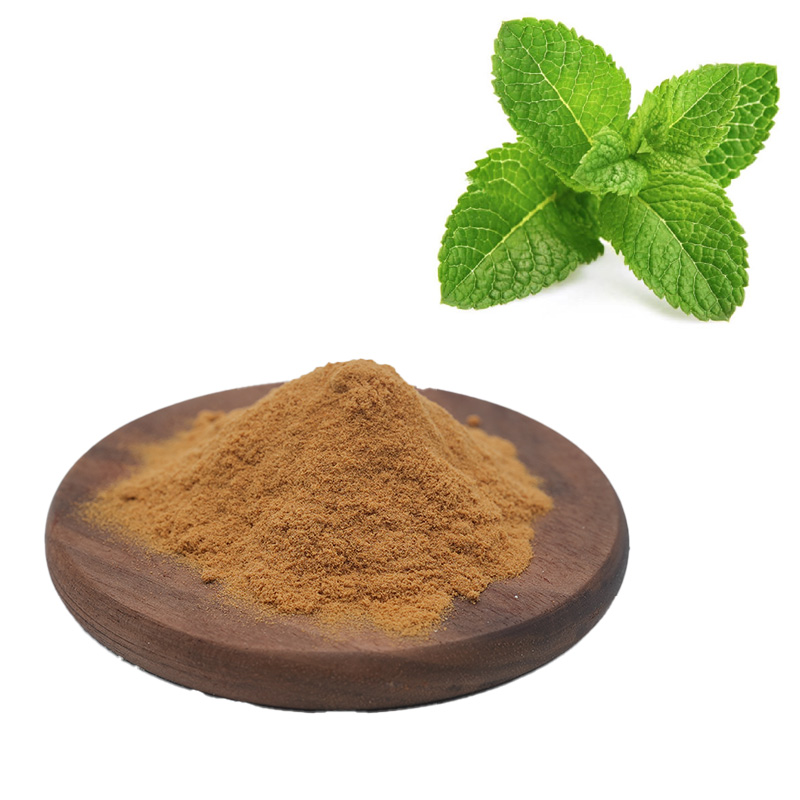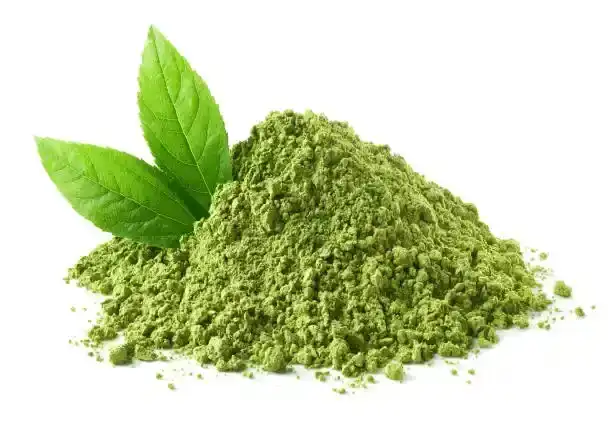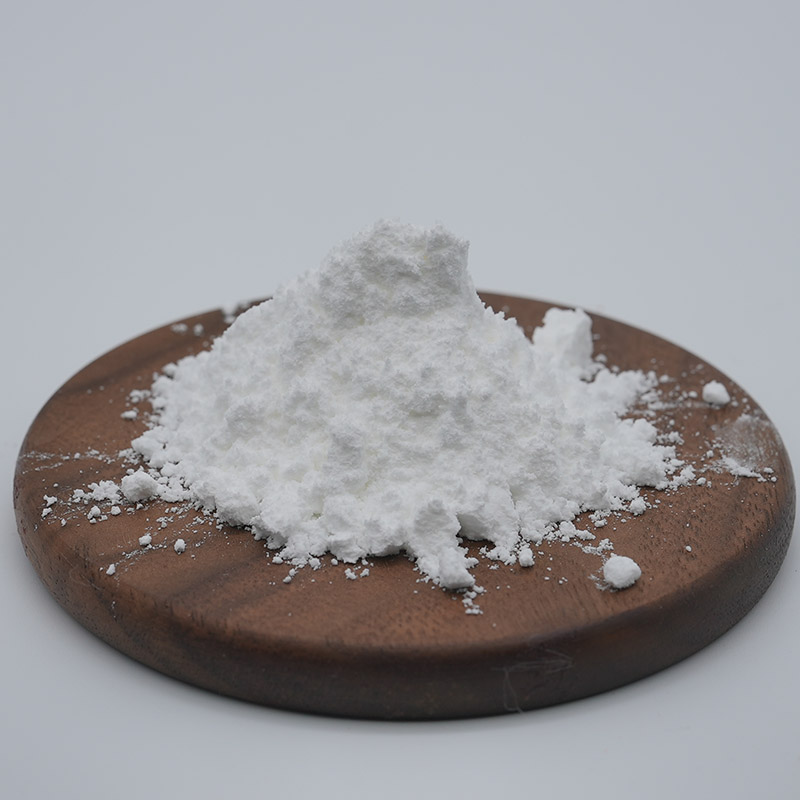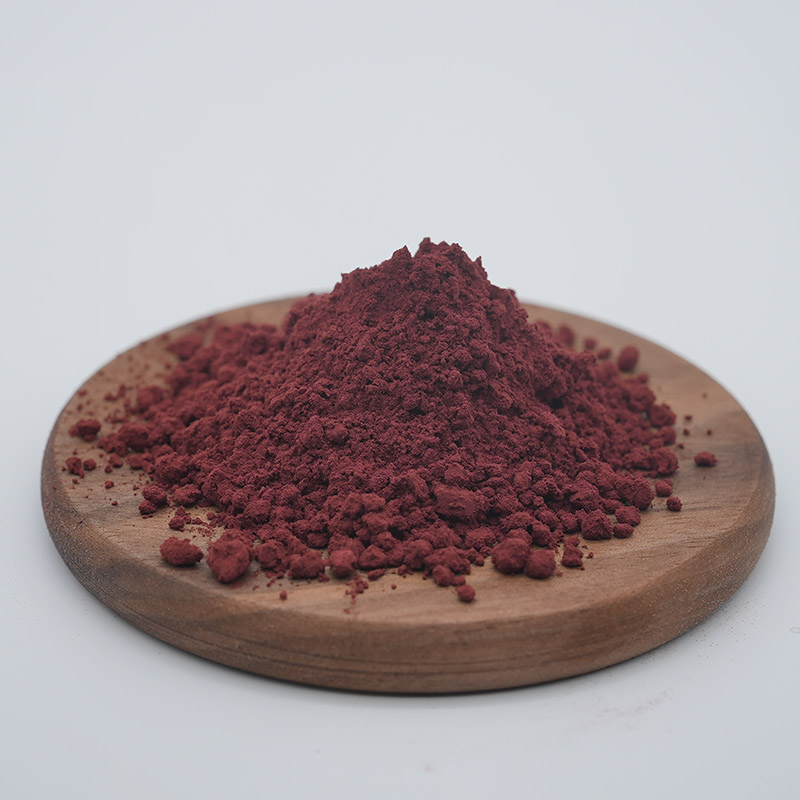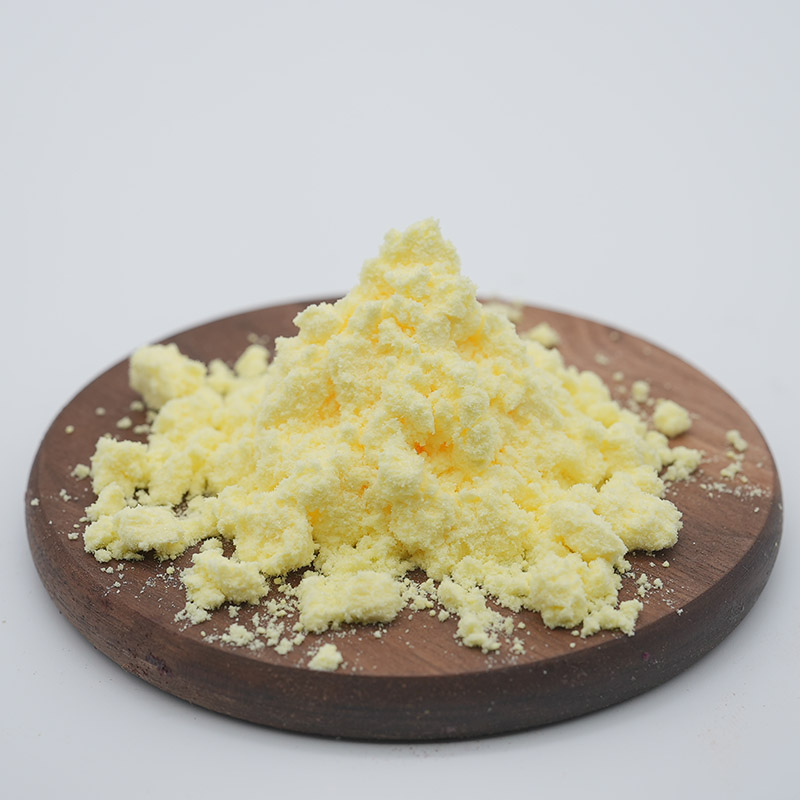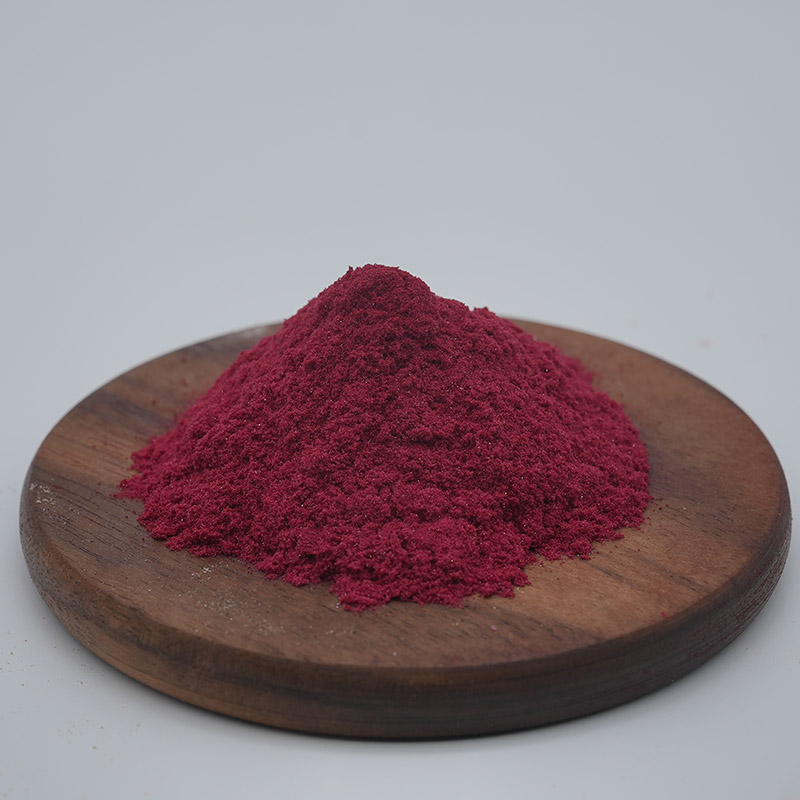L-Theanine/CAS 3081-61-6/EGCG
Theanine, an amino acid primarily found in tea leaves, has gained recognition for its diverse applications in the food, cosmetics, and health supplement industries. With its unique properties and advantages, theanine has become a valuable ingredient in various products, contributing to their sensory attributes and potential health benefits.
In the food industry, theanine is often utilized for its flavor-enhancing properties. It is known to contribute to the umami taste, which is described as a savory and satisfying flavor. Theanine can be found in products such as teas, broths, and savory snacks, where it enhances the overall taste profile and provides a pleasant, savory note. Its ability to improve flavor perception makes it a sought-after ingredient for food manufacturers aiming to create products with enhanced sensory appeal.
In cosmetics, theanine is valued for its potential skin-soothing and antioxidant properties. It is often included in skincare formulations for its ability to promote relaxation and reduce the effects of stress on the skin. Theanine’s calming properties make it a popular ingredient in products designed to provide a soothing and rejuvenating experience, contributing to the overall sensory experience of skincare and cosmetic products.
Furthermore, theanine is also utilized in health supplements for its potential health benefits. It is known for its ability to promote relaxation and reduce stress, making it a popular ingredient in products aimed at supporting mental well-being and stress management. Additionally, theanine is recognized for its potential antioxidant properties, which may contribute to its role in supporting overall health and wellness.
Theanine’s versatility and wide-ranging applications make it a valuable ingredient in various products across different industries. Its ability to enhance flavor, provide skin-soothing properties, and potentially support mental well-being and overall health has positioned it as a sought-after ingredient for manufacturers seeking to create products with enhanced sensory attributes and potential health benefits.
In conclusion, theanine’s applications in food, cosmetics, and health supplements highlight its versatility and potential benefits across different industries. As consumer demand for products that offer sensory appeal and potential health benefits continues to grow, theanine remains a valuable ingredient for manufacturers aiming to create products that cater to these evolving consumer preferences.
Therefore, the content of L-theanine is higher in high-grade green tea cultivated in shaded light, but lower in general crude tea leaves, while the content of polyphenols is increased.
